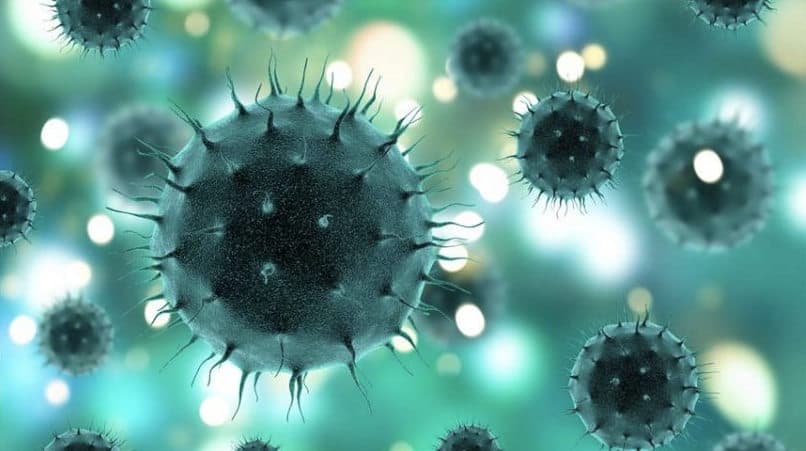Hello Nature readers,
Today we learn how superspreading drives the COVID pandemic — and could help to tame it. Plus, we learn why there’s no single best COVID vaccine and consider the legacy of John James Audubon.
A COVID-19 vaccination centre in Dhaka. (Mohammad Ponir Hossain/Reuters/Alamy)
Why it’s hard to compare COVID vaccines
What is the best COVID vaccine? It’s not as simple as comparing reported effectiveness. Supplies, costs, the logistics of deployment, the durability of the protection they offer and their ability to fend off emerging viral variants all factor in for decision makers. And even measures of efficacy come with a degree of uncertainty: trials might have differing definitions of important criteria, such as what constitutes a ‘severe’ bout of COVID-19. Researchers are gathering crucial data from vaccine roll-outs, testing different doses and combinations and keeping an eye on vaccines coming on the scene. Eventually, the aim is to be more strategic about which vaccines to use in which settings.
An enormous international database launched today will help epidemiologists to answer burning questions about the coronavirus SARS-CoV-2. Global.health collects anonymized information about individuals who’ve had COVID, such as the date when they first had symptoms, the date they received a positive test and their travel history. The Google-funded effort builds on an ad-hoc spreadsheet that epidemiologists cobbled together in the early days of the pandemic.
Features & opinion
Superspreading is a key to the pandemic
Superspreading, in which some individuals infect many people but most infect only a few, if any, seems to be especially pronounced in COVID-19. The jury is still out on whether biology or behaviour is central to why some people are more infectious than others. But there is ample evidence of what makes a superspreader event: prolonged indoor gatherings with poor ventilation, and aerosol-intense activities such as singing and exercise. Quashing superspreader events through prevention and contact tracing will be key to bringing the pandemic under control.
Game theory points the way for vaccines
COVAX, the global sharing mechanism for COVID-19 vaccines, is getting pushed to the back of the queue in favour of direct deals between nations and vaccine companies, notes physician-scientist Gavin Yamey. Not only is this unfair, but it seems likely to prolong the pandemic as uncontrolled spread leads to dangerous virus variants. An immediate solution is for richer nations to share their doses, argues Yamey. “With such collaboration, global vaccine distribution would no longer be a zero-sum game,” he says.
